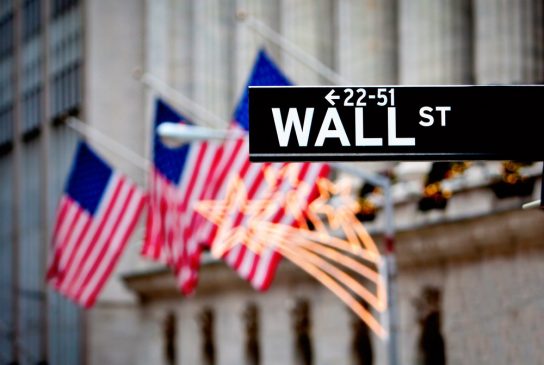The Depository Trust & Clearing Corporation or DTCC issues a report every year on the stability of the global financial system and has done so every year since 2013. It describes this report in these terms:
“[T]he DTCC Systemic Risk Barometer Survey serves as an annual pulse check to monitor existing and emerging risks that may impact the safety, resiliency and stability of the global financial system. It is designed to help identify trends and foster industry-wide dialogue on potential threats to financial stability.”
This year’s report might seem to fans of Bitcoin and the blockchain like it should have come out back in 2013, when Mt. Gox and associated events had shaken the very foundations of cryptocurrency as revelations surrounding its demise came to light and the price dropped from $1,000, gradually bottoming a couple of years later. For in this year’s report is a tidbit from Stephen Scharf, DTCC’s Chief Security Officer [emphasis added]:
“The increase in concern around fintech’s impact on systemic risk demonstrates a growing awareness of the potential risk and highlights the need to evaluate both risks and rewards associated with fintech initiatives. DTCC embraces the promise that fintech innovations hold to further mitigate risk and reduce post-trade costs. But as the industry continues to adopt fintech innovations, like blockchain, AI and cloud solutions, we must ensure that those innovations do not jeopardize the safety and security of the current global financial marketplace.”
The report doesn’t elaborate on how the blockchain will actually do the opposite of its intended purpose, which is to stabilize and modernize archaic and opaque systems which frequently fail to serve their purpose or worse, to work against their users. The quote is mild in terms of anti-blockchain sentiment, but it still speaks to the fundamental unwillingness of some parties in old world finance to simply adapt, modernize, and survive the changes that will be brought about regardless if they get on board or not.
The report has some other interesting metrics within it, as well. The number of people who view “interconnectedness” as a systemic risk to finance was down 8% since last year’s poll, while the percentage of people who view Brexit as potentially problematic increased by 11%. Excessive debt was for the first time included in the report, and 28% of respondents listed it among their top five concerns.
Featured Image from Shutterstock
Get Exclusive Crypto Analysis by Professional Traders and Investors on Hacked.com. Sign up now and get the first month for free. Click here.




